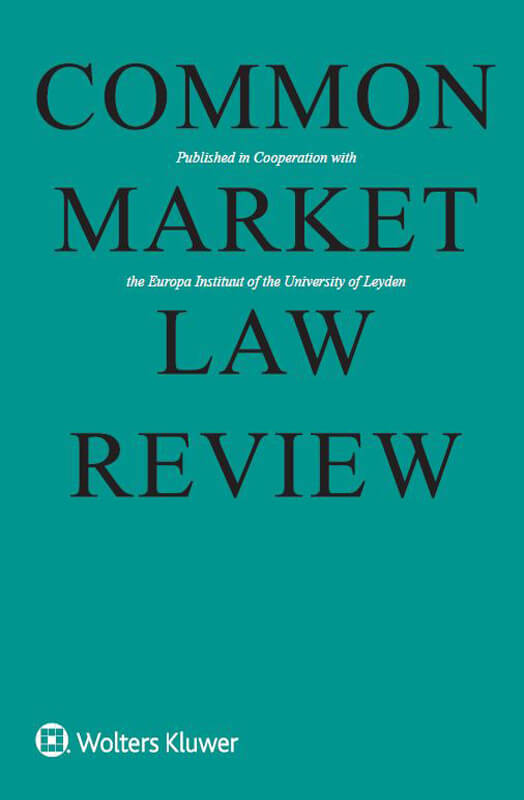Electronic Platforms: Openness, Transparency & Privacy Issues - European Review of Private Law View Electronic Platforms: Openness, Transparency & Privacy Issues by - European Review of Private Law Electronic Platforms: Openness, Transparency & Privacy Issues 26 6
Abstract: Any discussion of the legal issues surrounding blockchain technologies seems doomed from the outset. The sheer amount and complexity of technical terms, which are often used inconsistently, precludes an exhaustive and disciplined analysis of the potential legal problems that could arise from the widespread, commercial use of blockchains. Consequently, the evaluation of the popular claims hailing blockchains as enablers of commerce is extremely challenging. Additional complications arise from the fact that blockchain technologies are accompanied by multiple ideological concepts that, at times, seem to preclude logical reasoning. Terms such as ‘decentralization’ or ‘trustlessness’ are presented as ultimate values that must be strived towards at any cost – even if their full implementation leads to commercially undesirable results. Acknowledging the practical impossibility to provide a thorough explanation of the relevant technological concepts and to surmount claims that ‘commerce must be decentralized’, this article provides an overview of the different types of blockchains and presents their practical shortcomings. It focuses on the division between permissionless and permissioned blockchains to demonstrate that only the latter could potentially serve as electronic platforms supporting a wide range of commercial transactions. The main point made in this article is that technology, irrespective of its sophistication, cannot exist without a supporting legal infrastructure – and without regard to legal requirements.
European Review of Private Law

